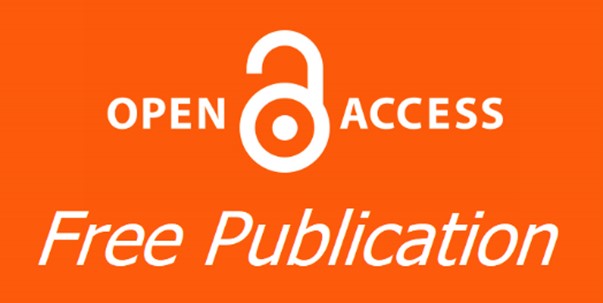The Use of Photobiomodulation in The Prevention and Treatment of Chemotherapy-Induced Oral Mucositis
Document Type
Review
Abstract
Oral mucositis (OM) is a severe and common complication in cancer patients, characterized by erosive and ulcerative lesions on the oral mucosa. The primary cause of OM is the destruction of oral mucosal epithelial cells and growth suppression resulting from cancer treatments, such as chemotherapy or radiotherapy. The first clinical signs of OM include thinning of the oral tissues, followed by erythema and ulceration, which can lead to several adverse effects, including pain, increased risk of infections, bleeding, difficulty swallowing, and dehydration. These issues can result in impaired nutritional status, delayed treatment sessions, and prolonged hospitalization. Thus, preventing and managing OM is crucial for maintaining the quality of life for cancer patients. Several approaches are available for preventing and managing OM, such as patient education, saline mouth rinses, pain relievers, and photobiomodulation using low-level laser therapy. This literature review aims to provide an update on the use of low-level laser therapy or photobiomodulation for preventing and treating chemotherapy-induced oral mucositis.
Keywords
Mucositis; Cancer Chemotherapy; Low-level laser therapy; Photobiomodulation
How to Cite This Article
Elkady, Reem Essam Abdelfattah; Hassan, Mohammed; and Bayoumy, Samy El
(2024)
"The Use of Photobiomodulation in The Prevention and Treatment of Chemotherapy-Induced Oral Mucositis,"
Al-Azhar Journal of Dentistry: Vol. 11:
Iss.
3, Article 12.
DOI: https://doi.org/10.58675/2974-4164.1635
Subject Area
Pediatric dentistry and orthodontics Issue (Pediatric Dentistry, Orthodontics)








